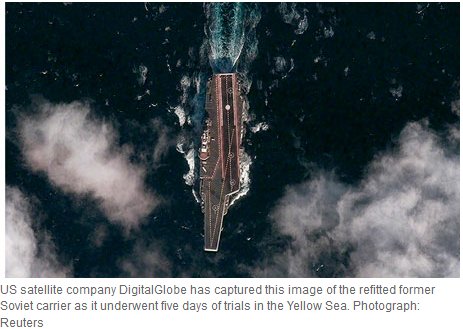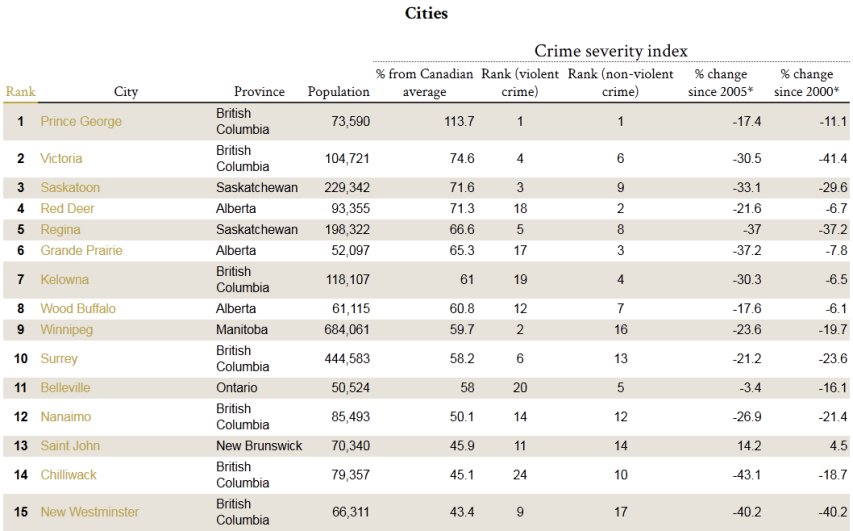The difficulty of running for the GOP nomination is made that much harder if you don’t already have a lot of name recognition. Being the successful governor of a small state isn’t enough to get your name known, and the GOP’s party officials have concocted a lovely Catch-22 to prevent unknowns from breaking into the race: you can only be in the debates if you’re doing well in the polls, and you can only be in the polls if we decide you should be.
As a result of being frozen out of the race, Governor Gary Johnson is leaving the GOP and will seek the Libertarian Party’s nomination instead:
Republican presidential candidate Gary Johnson has been “hung out to dry” by the GOP establishment and that is the reason he is likely to leave the party and run for the presidency as a libertarian, he says.
The former New Mexico governor tells Newsmax.TV he has faced a Catch-22 situation because his name has not appeared in the opinion polls that decide whether he has enough support to get him a place in the party’s debates, which means he has not been able to gain the exposure that could have lifted him in the polls.
[. . .]
Johnson, who describes himself as fiscally conservative but socially liberal, is due in New York on Thursday and he is expected to announce formally that he is joining the Libertarian Party.
He has never managed to gain traction in the run-up to the Republican primary season. He says time is running out because of “sore loser laws” in some states that say a candidate cannot run in primaries and then stand on a different ticket in the general election.

 A US satellite company says it has taken a photograph of China’s first aircraft carrier during trials in the Yellow Sea.
A US satellite company says it has taken a photograph of China’s first aircraft carrier during trials in the Yellow Sea.


